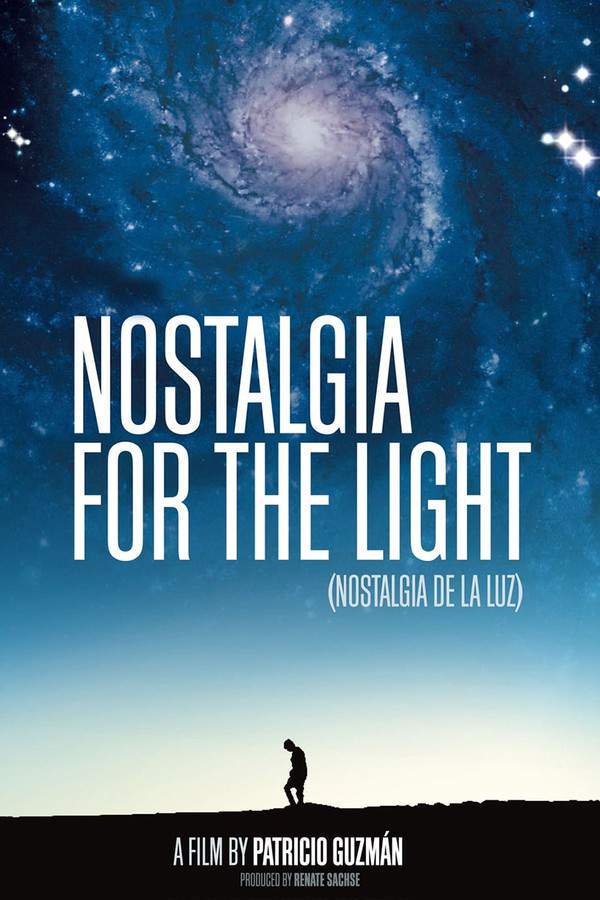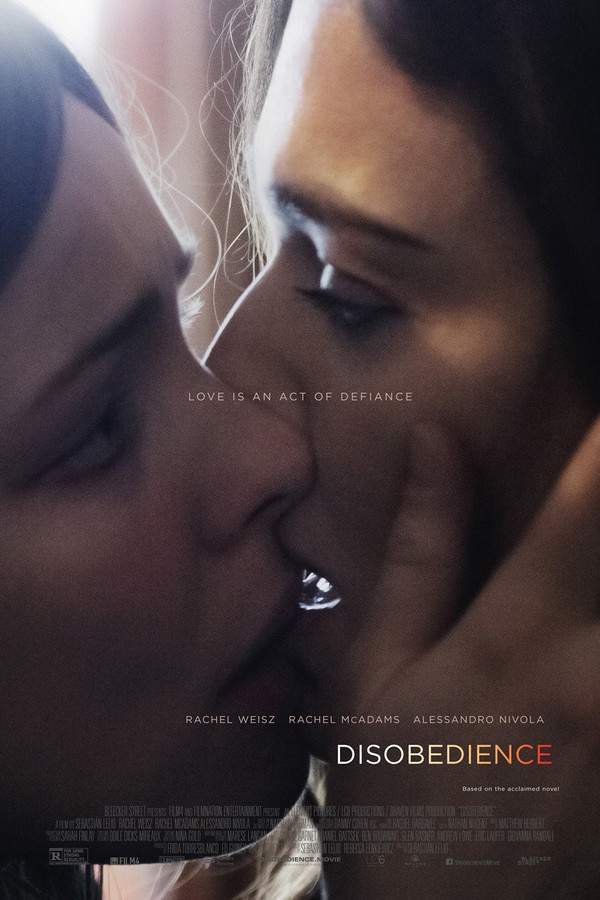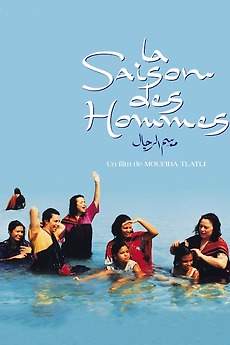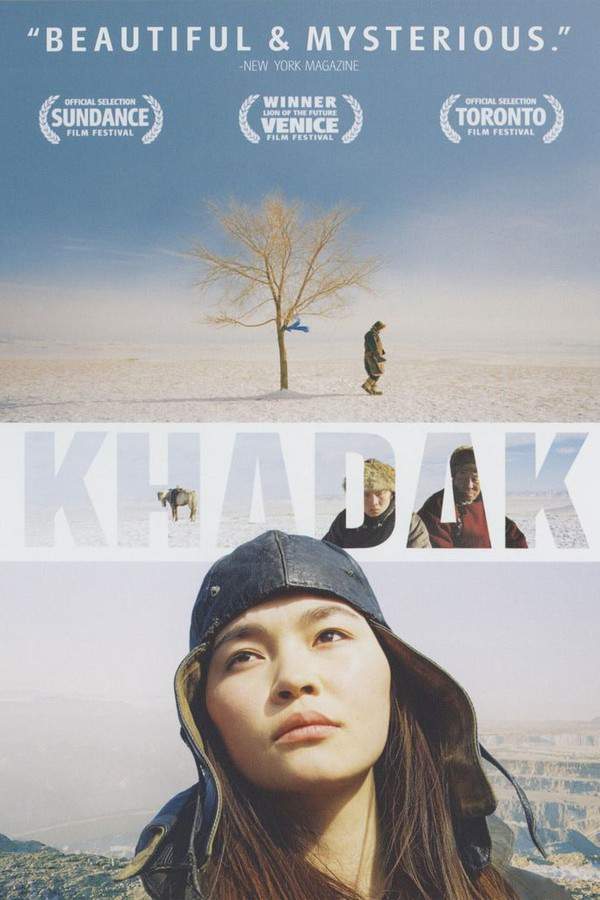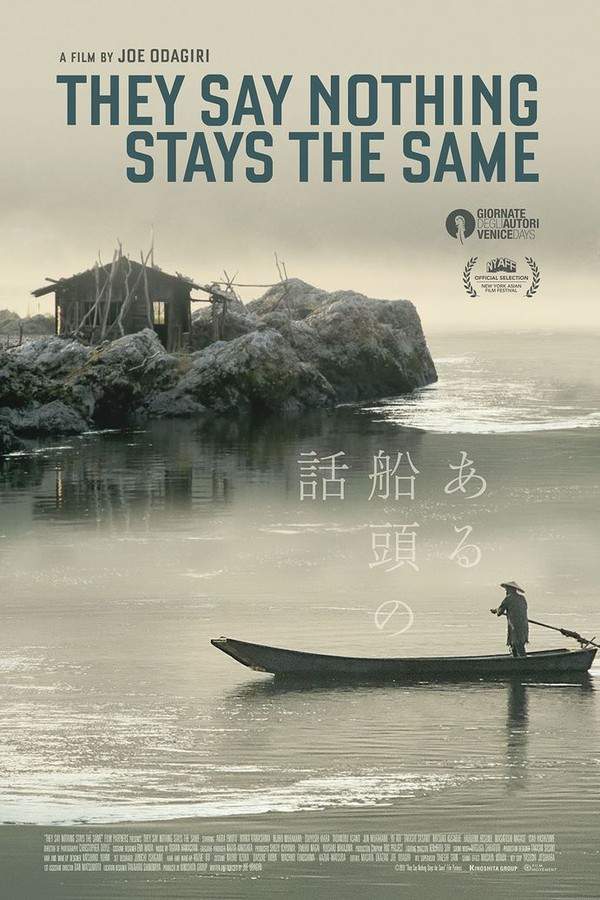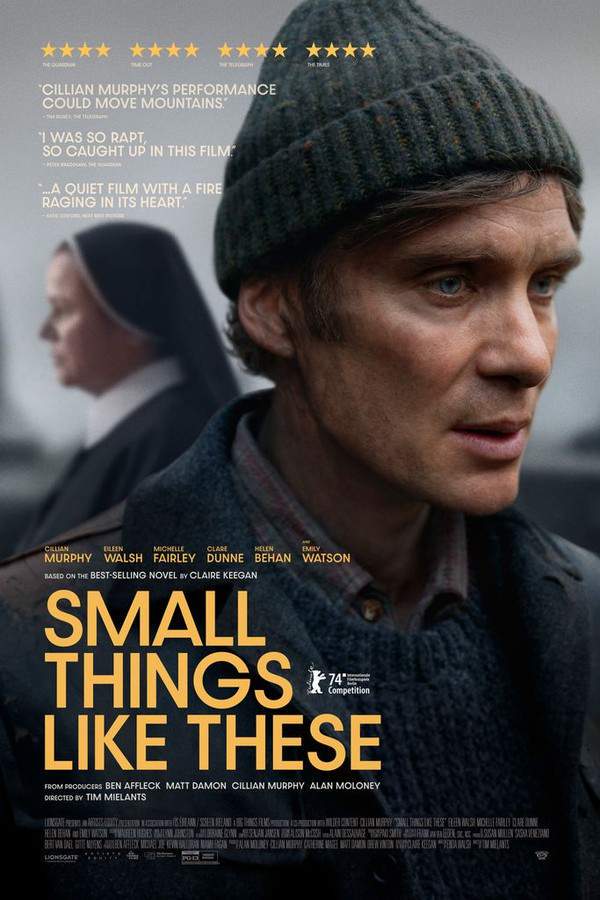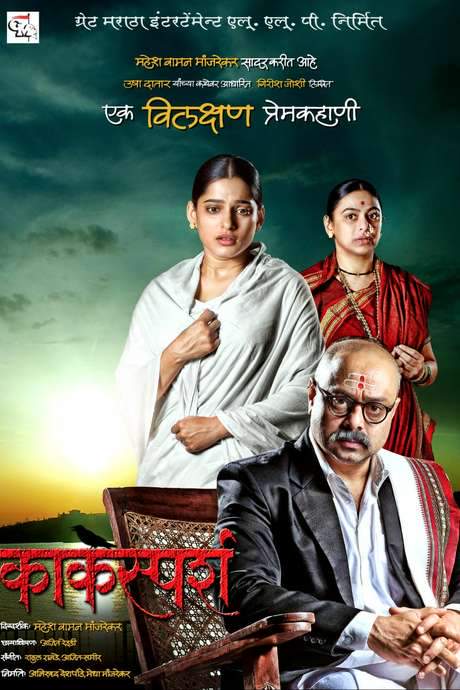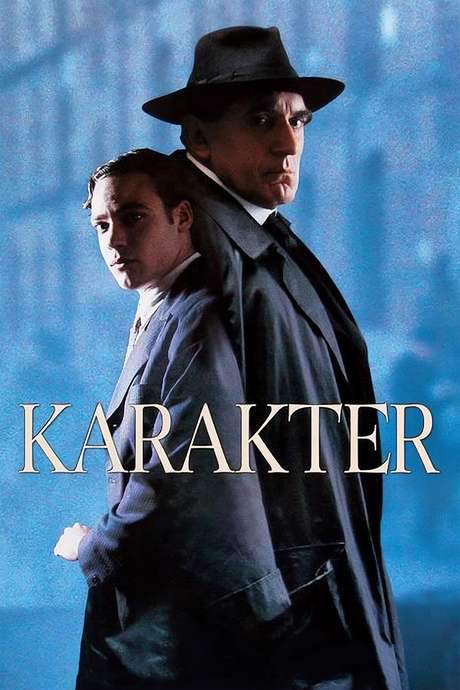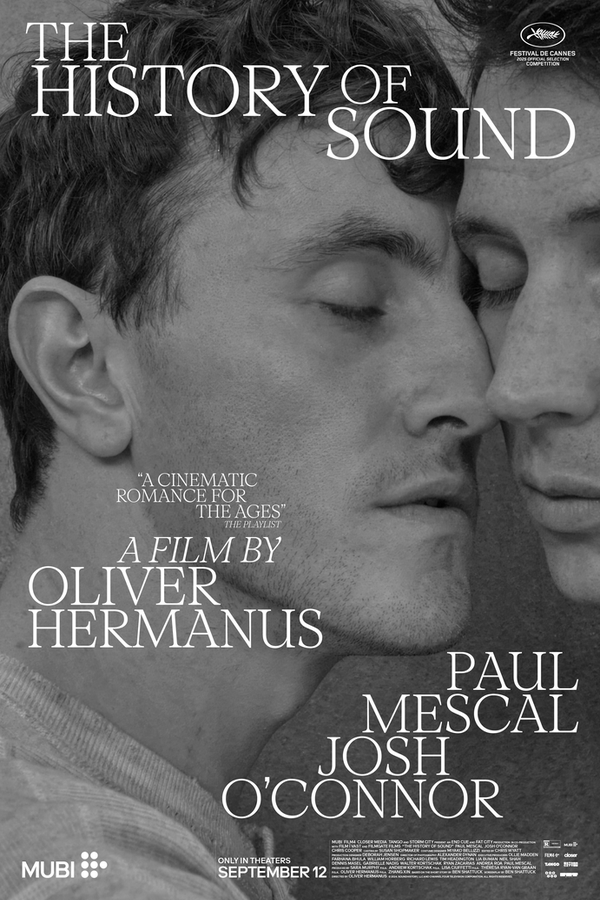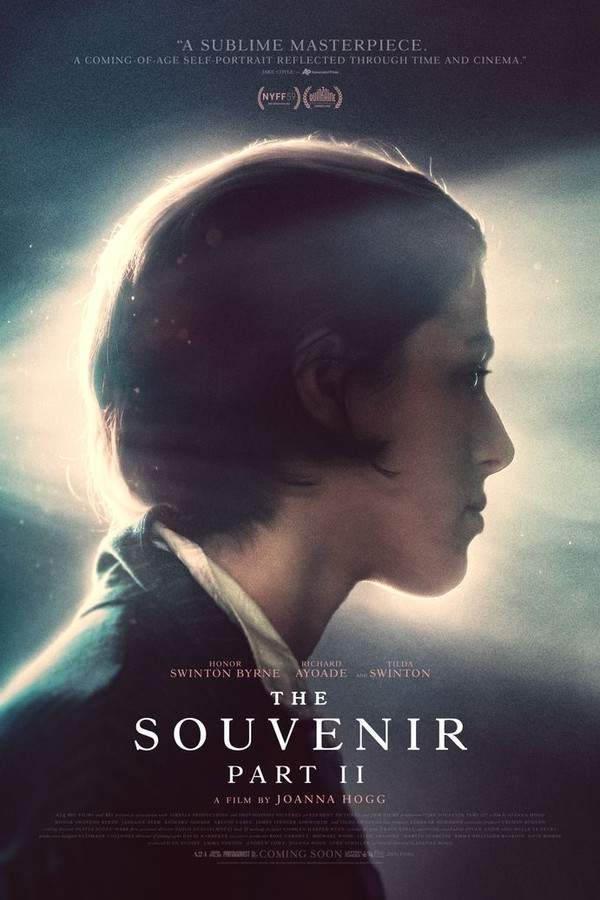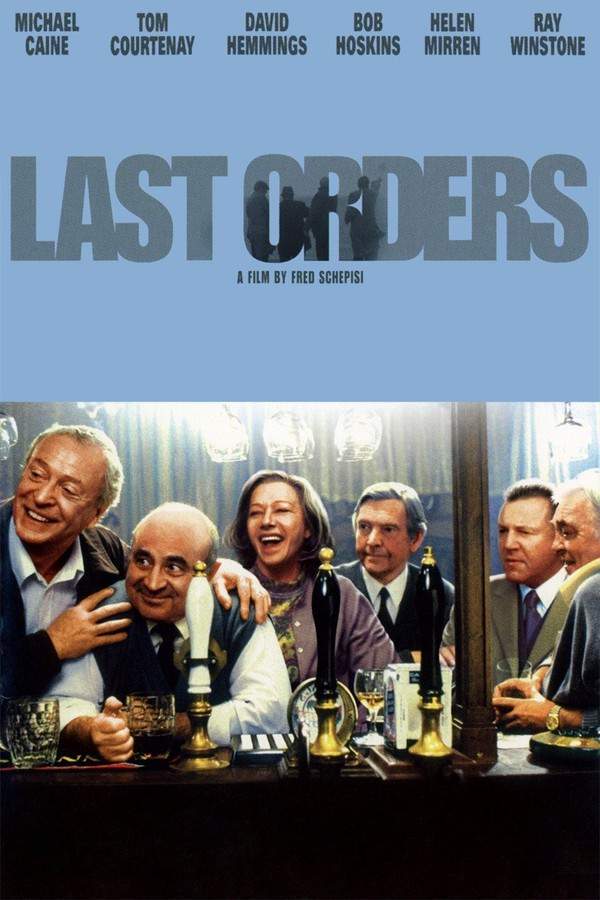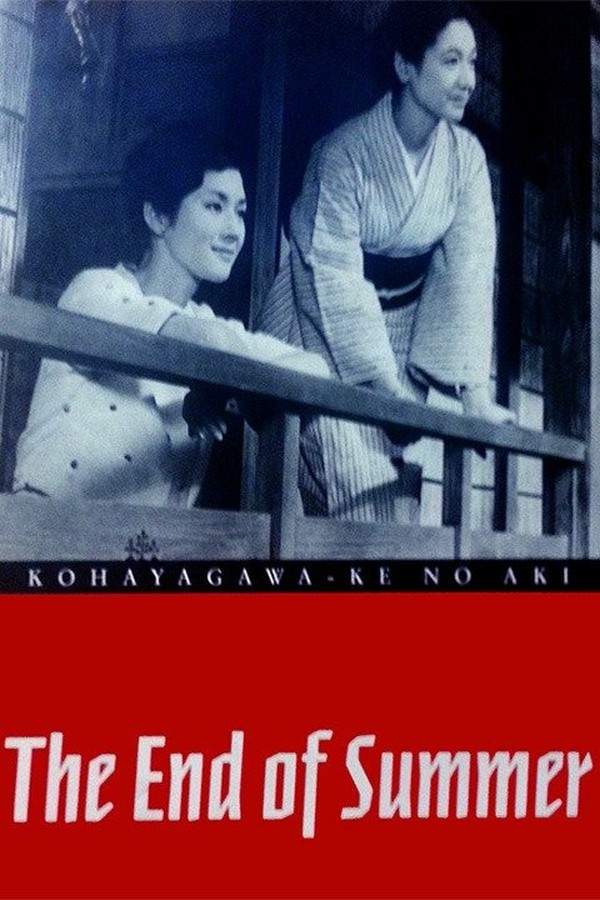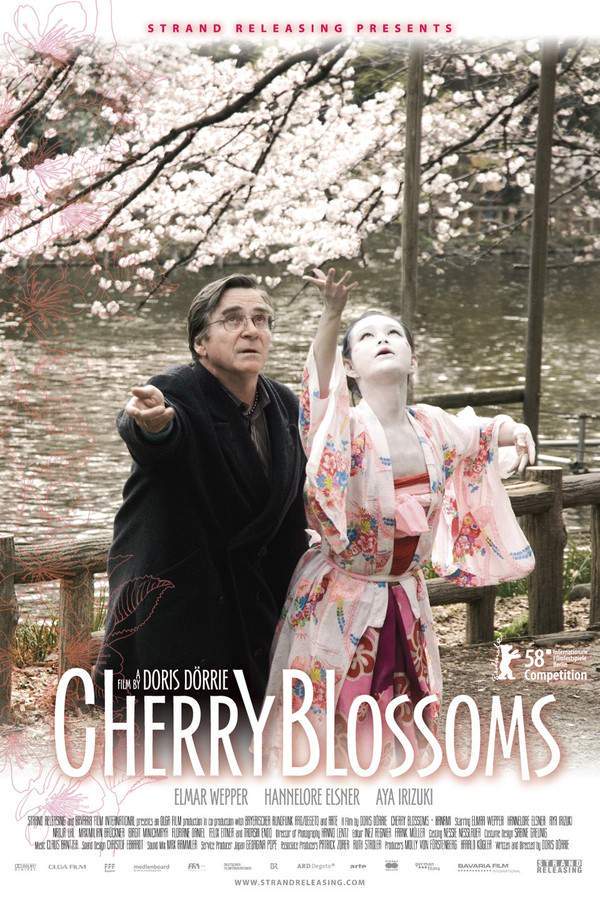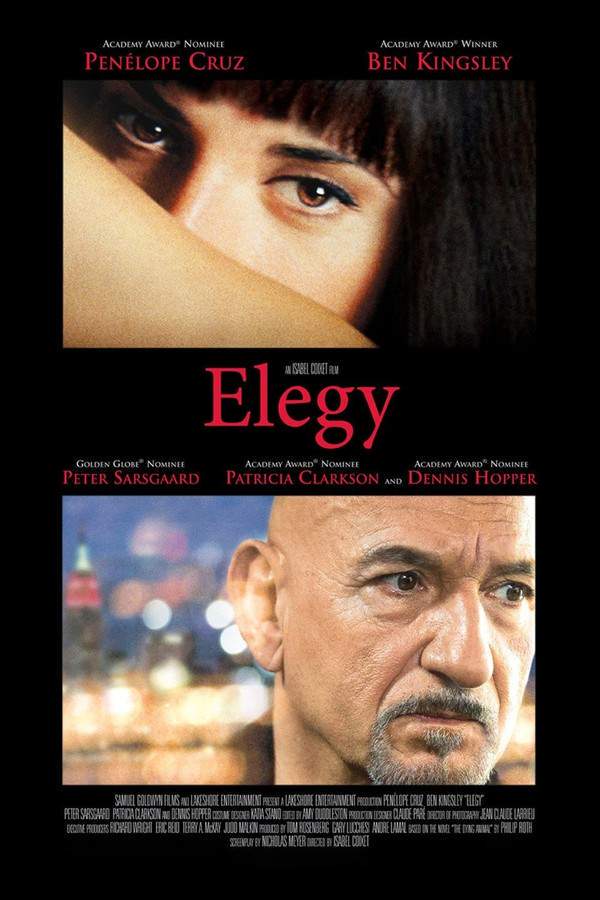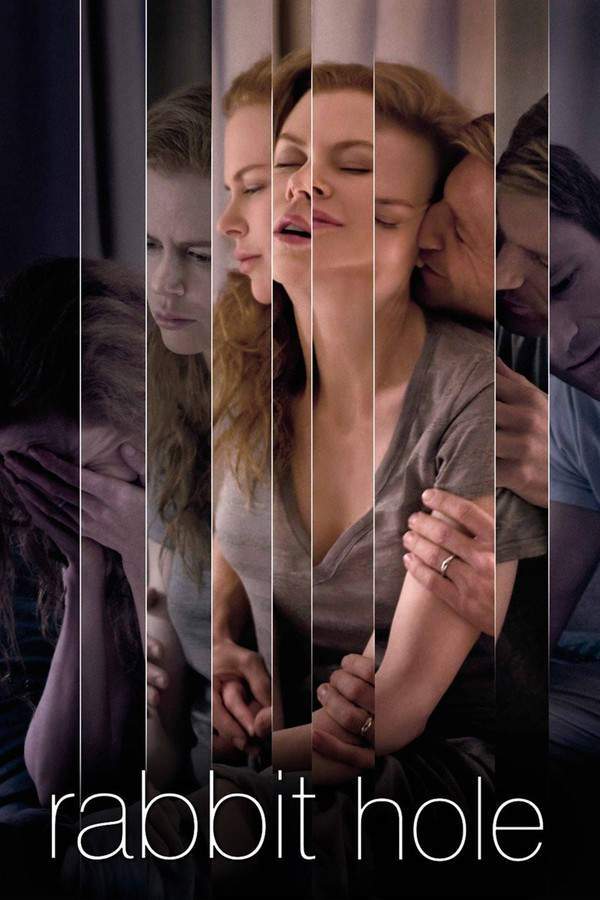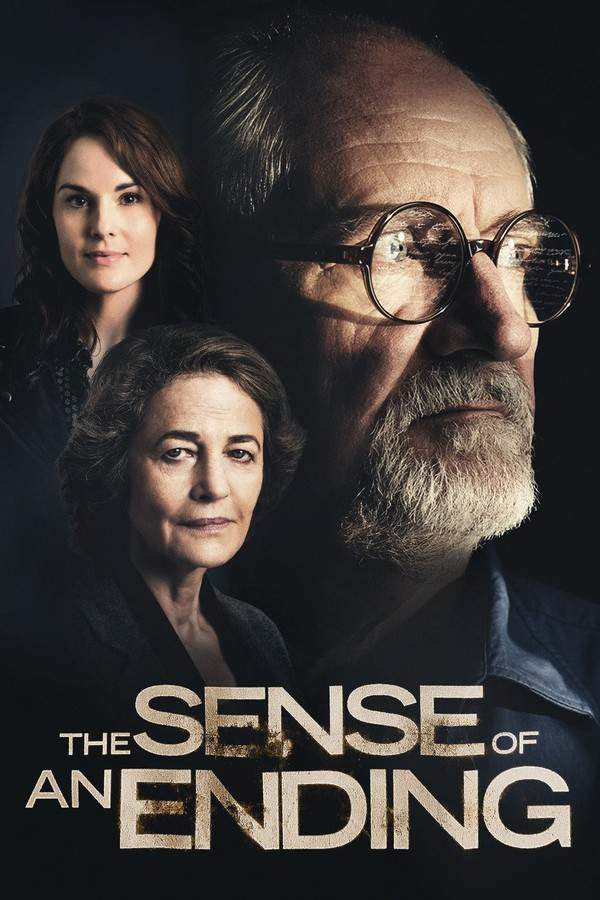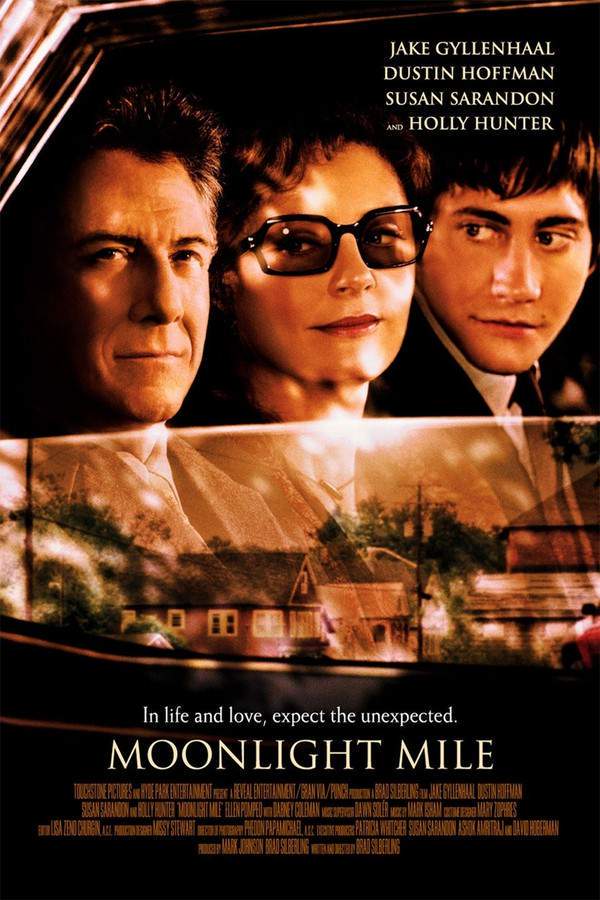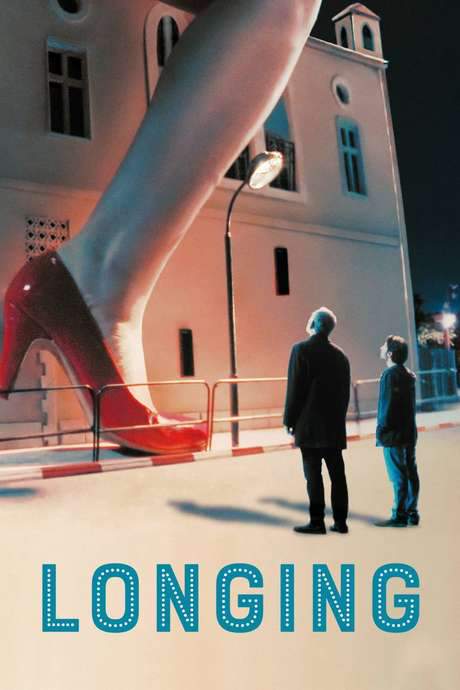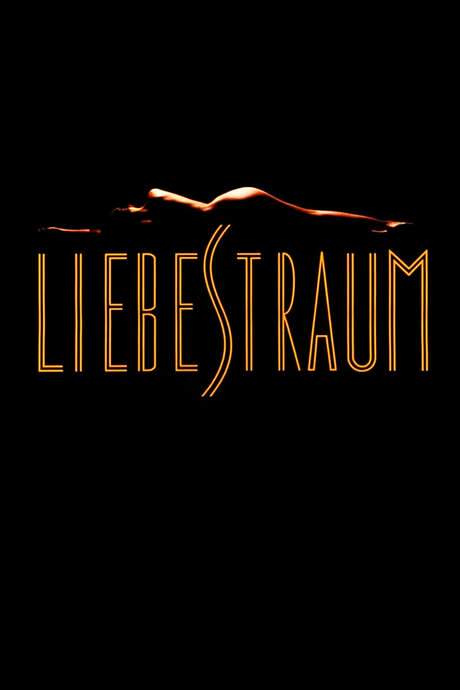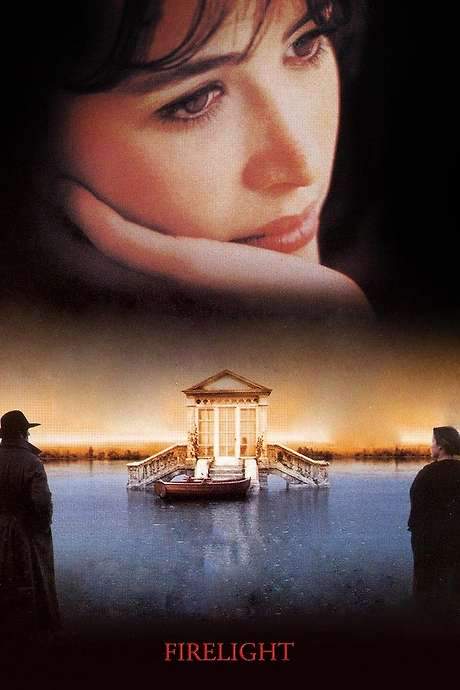
All My Good Countrymen
Year: 1969
Runtime: 121 mins
Language: Czech
Director: Vojtěch Jasný
The lives of 7 friends in a small Czech town from 1945 to some time after 1958.
Warning: spoilers below!
Haven’t seen All My Good Countrymen yet? This summary contains major spoilers. Bookmark the page, watch the movie, and come back for the full breakdown. If you're ready, scroll on and relive the story!
Timeline & Setting – All My Good Countrymen (1969)
Explore the full timeline and setting of All My Good Countrymen (1969). Follow every major event in chronological order and see how the environment shapes the story, characters, and dramatic tension.
Last Updated: October 04, 2025 at 16:44
Main Characters – All My Good Countrymen (1969)
Meet the key characters of All My Good Countrymen (1969), with detailed profiles, motivations, and roles in the plot. Understand their emotional journeys and what they reveal about the film’s deeper themes.
Last Updated: October 04, 2025 at 16:44
Major Themes – All My Good Countrymen (1969)
Explore the central themes of All My Good Countrymen (1969), from psychological, social, and emotional dimensions to philosophical messages. Understand what the film is really saying beneath the surface.
Last Updated: October 04, 2025 at 16:44
Explore Movie Threads
Discover curated groups of movies connected by mood, themes, and story style. Browse collections built around emotion, atmosphere, and narrative focus to easily find films that match what you feel like watching right now.
Political Decay Stories Like All My Good Countrymen
Films where a close-knit community fractures under systemic political pressure.If you were moved by the slow disintegration of community in All My Good Countrymen, explore more movies like it. These similar films and dramas depict villages and groups buckling under political pressure, capturing that heavy, melancholic feeling of a way of life being lost.
Narrative Summary
Stories in this thread typically unfold over an extended period, documenting the incremental breakdown of social bonds. Characters face moral compromise, and the central conflict is the community's passive or active resistance against an impersonal, oppressive force that demands conformity.
Why These Movies?
These films are grouped by their shared focus on the societal-level impact of politics. They share a melancholic, often somber tone, a deliberate pacing that allows the decay to feel inevitable, and a heavy emotional weight stemming from the loss of collective identity and autonomy.
Elegiac Slow Burns Like All My Good Countrymen
Meditative films that reflect on the past with a profound sense of nostalgia and grief.For those who appreciated the reflective, nostalgic pacing of All My Good Countrymen, this list features movies with a similar elegiac feel. Find other complex, slow-burn dramas that use memory to explore heavy themes of loss, guilt, and bittersweet remembrance.
Narrative Summary
The narrative pattern is less about forward plot momentum and more about a psychological or emotional excavation. The story structure often circles around key memories or traumatic events, unfolding the full weight of their consequences slowly, leading to a bittersweet or deeply reflective conclusion.
Why These Movies?
These films are united by their dominant melancholic tone, slow pacing that allows for deep reflection, and a complex narrative structure that often intertwines past and present. They deliver a heavy emotional experience centered on the painful beauty of remembering.
Unlock the Full Story of All My Good Countrymen
Don't stop at just watching — explore All My Good Countrymen in full detail. From the complete plot summary and scene-by-scene timeline to character breakdowns, thematic analysis, and a deep dive into the ending — every page helps you truly understand what All My Good Countrymen is all about. Plus, discover what's next after the movie.
All My Good Countrymen Summary
Read a complete plot summary of All My Good Countrymen, including all key story points, character arcs, and turning points. This in-depth recap is ideal for understanding the narrative structure or reviewing what happened in the movie.

All My Good Countrymen Timeline
Track the full timeline of All My Good Countrymen with every major event arranged chronologically. Perfect for decoding non-linear storytelling, flashbacks, or parallel narratives with a clear scene-by-scene breakdown.

All My Good Countrymen Spoiler-Free Summary
Get a quick, spoiler-free overview of All My Good Countrymen that covers the main plot points and key details without revealing any major twists or spoilers. Perfect for those who want to know what to expect before diving in.

More About All My Good Countrymen
Visit What's After the Movie to explore more about All My Good Countrymen: box office results, cast and crew info, production details, post-credit scenes, and external links — all in one place for movie fans and researchers.

Similar Movies to All My Good Countrymen
Discover movies like All My Good Countrymen that share similar genres, themes, and storytelling elements. Whether you’re drawn to the atmosphere, character arcs, or plot structure, these curated recommendations will help you explore more films you’ll love.
Explore More About Movie All My Good Countrymen
All My Good Countrymen (1969) Plot Summary & Movie Recap
All My Good Countrymen (1969) Scene-by-Scene Movie Timeline
All My Good Countrymen (1969) Spoiler-Free Summary & Key Flow
Movies Like All My Good Countrymen – Similar Titles You’ll Enjoy
Old-Timers (2019) Story Summary & Characters
Autumn Spring (2001) Full Movie Breakdown
Anatomy of a Czech Afternoon (2020) Spoiler-Packed Plot Recap
Czech Mate (1984) Plot Summary & Ending Explained
Men About Town (1969) Plot Summary & Ending Explained
Czechoslovakia 1968 (1969) Ending Explained & Film Insights
The Shop on Main Street (1965) Movie Recap & Themes
Honor and Glory (1969) Full Movie Breakdown
Our Folks (1967) Story Summary & Characters
All My Loved Ones (1999) Ending Explained & Film Insights
The Confession (1970) Ending Explained & Film Insights
I’m All Good (2008) Spoiler-Packed Plot Recap
Hangmen Also Die! (1943) Movie Recap & Themes
It Rains in My Village (1968) Detailed Story Recap
Forgotten Light (1996) Plot Summary & Ending Explained

